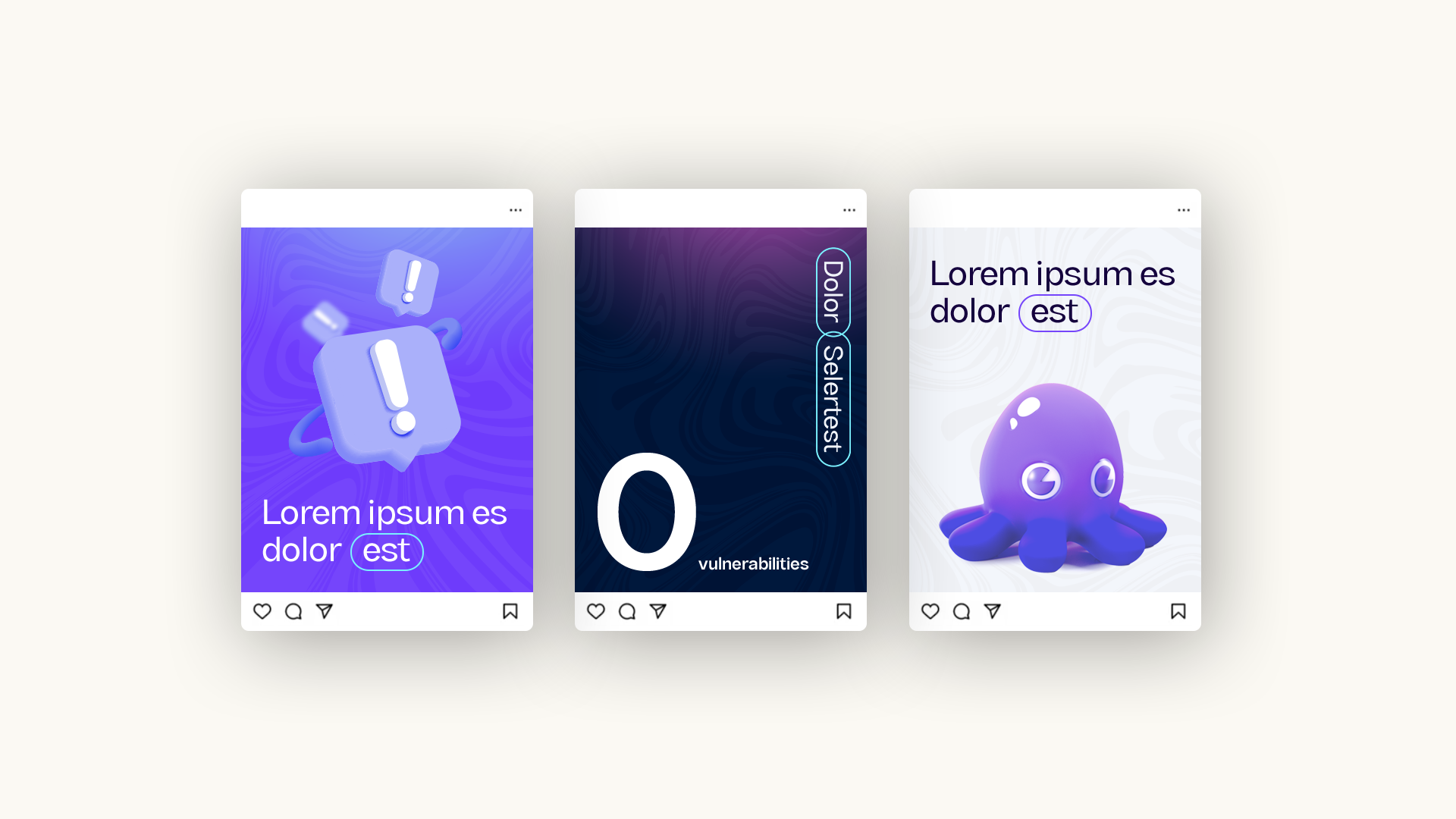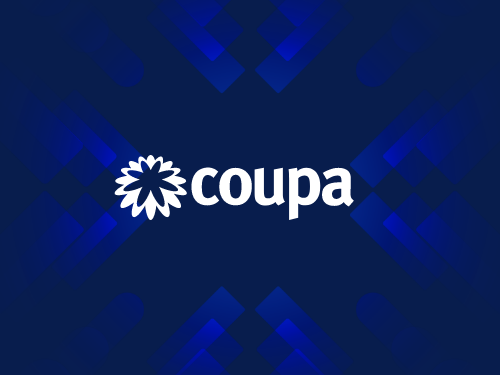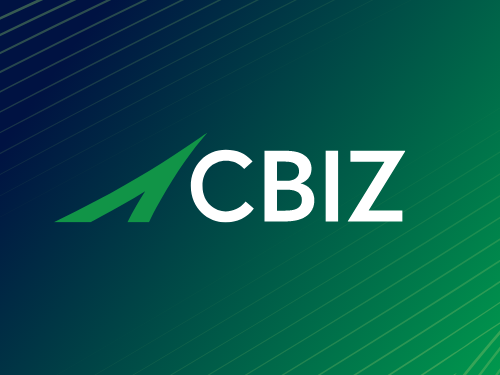In today’s hyperconnected world, brand reputation can be built—or broken—online in a matter of minutes. When a crisis hits, the digital conversation doesn’t pause. Consumers take to social media to voice concerns, share opinions, and demand accountability. For brands, this presents both a challenge and an opportunity. By leveraging social media listening tools, companies can move beyond damage control and into strategic recovery—tracking sentiment, addressing key concerns, and rebuilding trust in real time.
What Is Social Media Listening?
Social media listening is more than just monitoring mentions or counting likes. It’s the process of tracking conversations across social platforms, analyzing sentiment, and extracting insights that can inform strategic action. Unlike basic monitoring, which focuses on individual interactions or metrics, listening dives deeper into the emotional tone, recurring themes, and emerging issues surrounding a brand or industry.
By analyzing this data at scale, brands gain a holistic view of public perception and can proactively respond to trends, concerns, and shifts in sentiment.

The Role in Crisis and Recovery
In the wake of a crisis—whether it’s a product recall, a leadership controversy, or a service outage—time is of the essence. Social media listening provides brands with a crucial real-time feedback loop. It helps communications teams:
- Gauge sentiment shifts as a crisis unfolds.
- Identify misinformation or rumors gaining traction.
- Understand what matters most to their audience during the fallout.
Armed with these insights, brands can tailor their responses with precision—acknowledging concerns, correcting false narratives, and showing empathy where it matters most. The ability to “read the room” through data helps companies avoid tone-deaf messaging and deliver communications that resonate.

Turning Insights Into Action
Social media listening doesn’t just inform what you say—it shapes what you do. When brands identify recurring themes in feedback, it can lead to meaningful change: updating policies, improving customer service workflows, or even adjusting product features.
For example, if customers are expressing confusion over a recent policy change, a brand might follow up with an explainer video or an FAQ campaign. If frustration is mounting over unacknowledged complaints, prioritizing personalized responses or a public statement can go a long way in restoring credibility.
When your audience sees that their voices are being heard—and acted upon—it fosters a sense of transparency, accountability, and respect.
Tools and Tech That Power Listening
There are a variety of platforms available to help brands implement robust social listening strategies. Tools like Brandwatch, Sprout Social, Talkwalker, and Meltwater use AI and natural language processing to scan and analyze millions of online conversations.
These platforms can surface key insights such as:
- Most mentioned topics or keywords.
- Sentiment scores over time.
- Influential users or communities driving conversations.
While automation is powerful, it’s important to pair these tools with human analysis. Skilled strategists can interpret nuance, cultural context, and subtext that machines may miss, ensuring insights translate into thoughtful, brand-aligned actions.

Best Practices for Using Social Listening in Recovery
To maximize the impact of social listening during reputation recovery, consider the following best practices:
- Set up targeted alerts for key terms, brand variations, competitor names, and emerging hashtags.
- Monitor beyond your own handles—public forums, Reddit threads, TikTok comments, and online reviews can reveal hidden sentiment.
- Build a cross-functional team that includes marketing, PR, customer support, and legal to review and act on insights.
- Document and evolve your crisis response protocols based on what the data reveals during each incident.
- Continue listening long after the news cycle has moved on—perception recovery takes time, and sustained effort is key.
Reputation Recovery Starts with Listening
Recovery isn’t a switch you flip—it’s a journey. And in that journey, listening is your compass. By tuning into your audience’s needs and expectations through social media listening, you not only stay ahead of the conversation—you guide it.
At Bluetext, we help brands move from crisis to comeback through data-driven reputation strategies that prioritize empathy, responsiveness, and transparency.
Struggling to recover from a reputation crisis? Bluetext helps brands leverage social listening and strategic messaging to turn setbacks into comebacks. Contact us to get started.




